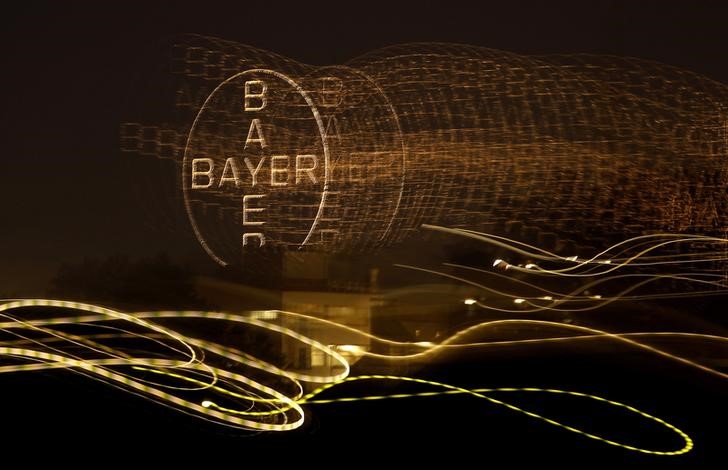This post was originally published on this site

Investing.com — The walking disaster that is Bayer (DE:BAYGN) stumbles from bad to worse.
This year the German pharma-to-pesticide conglomerate it has racked up tens of billions of euros of litigation costs in relation to cancers caused by Roundup, the weedkiller it inherited with its acquisition of Monsanto (NYSE:MON) two years ago.
It’s now saying it expects to write almost 10 billion euros off the value of its crop sciences business, citing the damage from the pandemic.
It blamed “reduced growth expectations due to low commodity prices for major crops, intense competition in soy, and reduced biofuel consumption.”
The last part of that is important, because much of its revenue from biofuel comes from Brazil, whose economic damage from the pandemic has resulted in a sharp depreciation of the real.
That damage is not going to be a short-term blip, either: the company said it expects core earnings next year to fall from this year’s levels, meaning that it will be paying dividends at the lower end of its target range rather than at the upper end, as it had until last year.
The news caused Bayer stock to fall by over 10% to a nine-year low.
The stock has now lost two-thirds of its value from its peak posted in 2015. Most of that stems from the $63 billion acquisition of Monsanto that CEO Werner Baumann launched within four weeks of taking over as CE in 2016, convinced that being a ‘world leader’ in crop sciences would carry it to even greater heights.
Even at the time, that seemed a stretch: the value of Monsanto lay primarily in its genetically modified seed technology, which Bayer still can’t use freely across the EU and other important markets, for all that it is a money-spinner in the U.S.
Baumann’s obsession with doing that deal – which consumed the board’s energy for another two years – blinded him and his board to the risks lurking in Roundup’s long and well-documented association with cancer. Those risks that had been held at bay by Monsanto’s legal team as long as the company remained independent. However, that dam ultimately broke and this summer, Bayer settled with tens of thousands of litigants for just under $11 billion.
As if that weren’t enough, the company – a would-be global leader in pharmaceuticals – has failed to make any meaningful capital out of the pandemic this year. Bayer has been conspicuous by its absence from the race to develop a vaccine for the Covid-19 virus: its biggest contribution to tackling the disease being the production of hydroxychloroquine, or HCQ. HCQ gained fame as the alternative Covid-19 treatment touted by President Donald Trump and others, despite not being recommended for that purpose by the Food and Drug Administration.
It looks like being a long way back, both for Baumann and Bayer.


